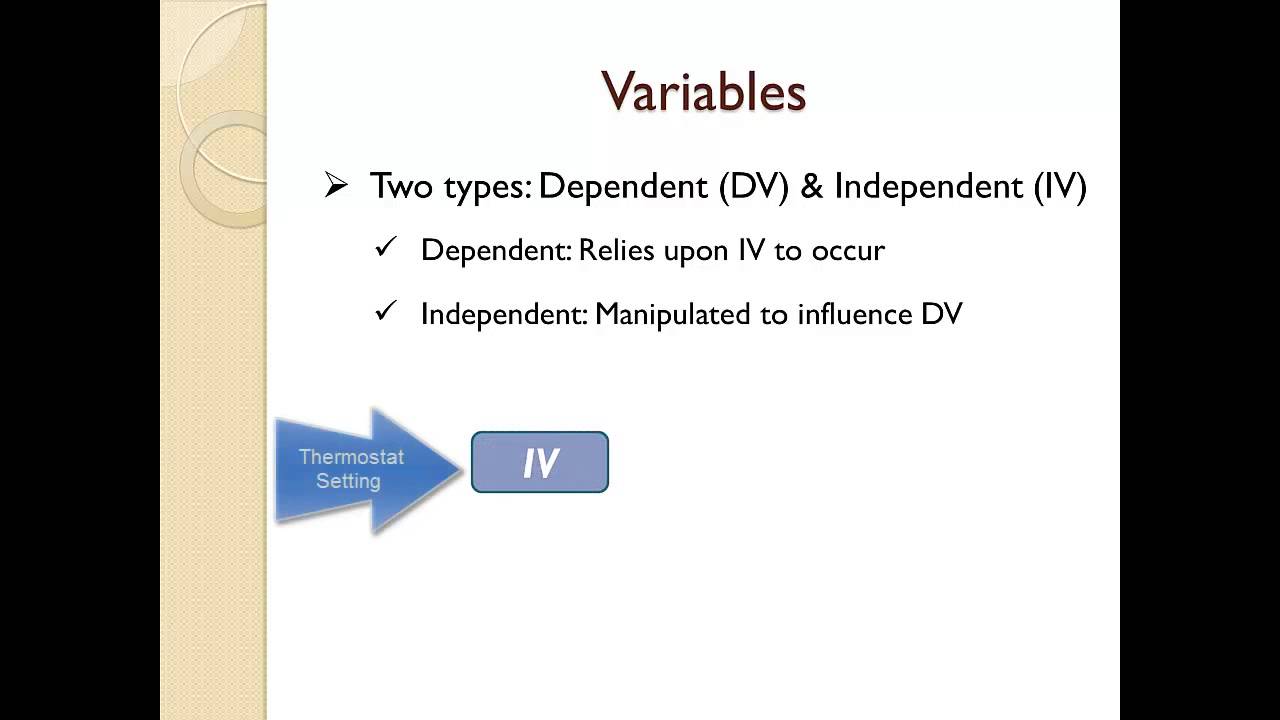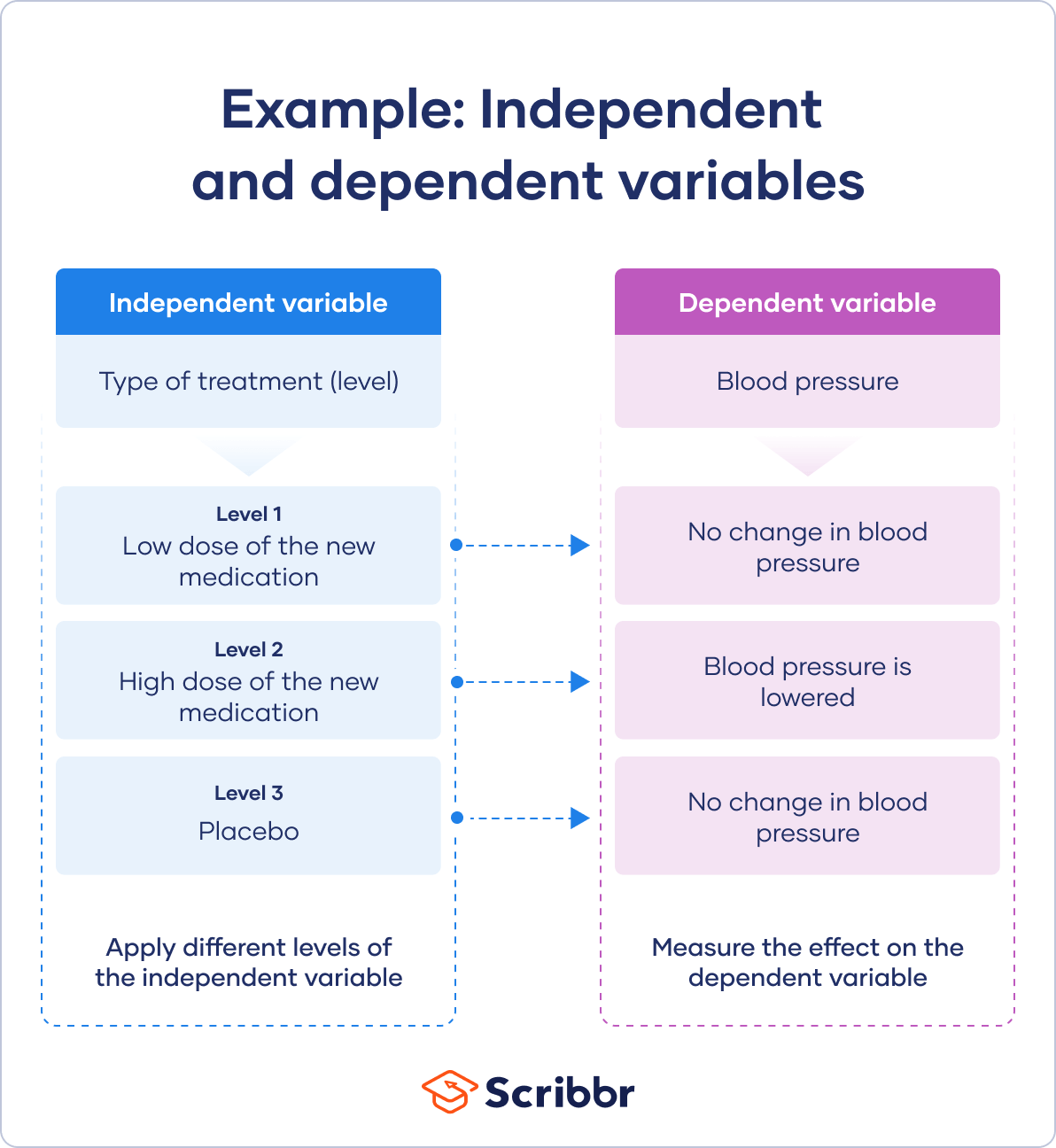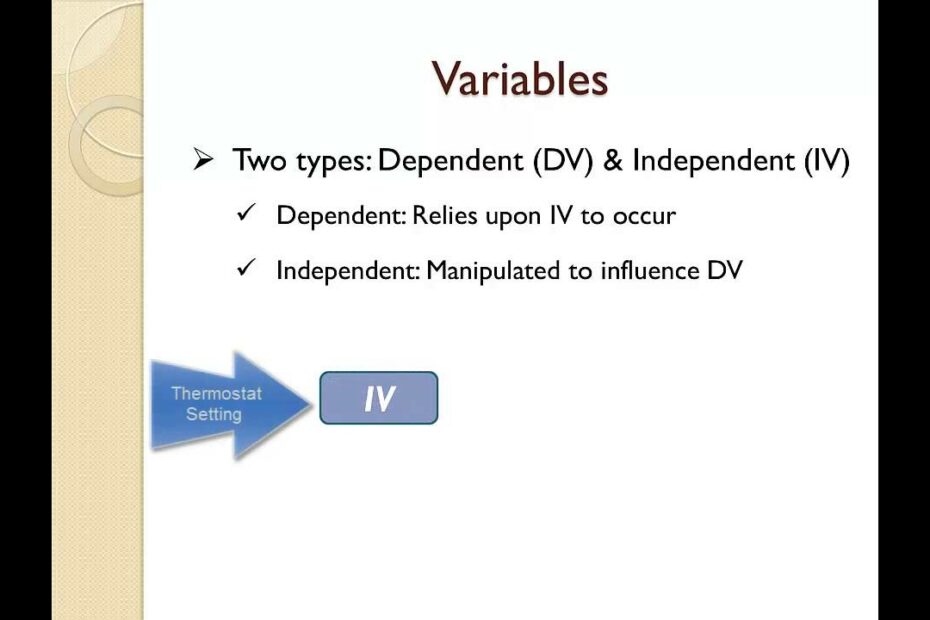Can A Hypothesis Include Two Independent Variables?
The Scientific Method Part 2: Variables And Hypothesis
Keywords searched by users: Can a hypothesis have two independent variables hypothesis with 2 independent variables examples, how to write a hypothesis with two independent variables, two independent variables and one dependent variable examples, why would a researcher have more than two levels of the independent variable in an experiment, hypothesis examples, logical hypothesis example, simple hypothesis examples, multiple dependent variables and one independent variable
How Many Independent Variables Does A Hypothesis Have?
The number of independent variables in a hypothesis typically ranges from one to two in an experiment. This limitation is essential to accurately assess the impact of each independent variable on the final results. In contrast, there can be several dependent variables in an experiment, as changes in the independent variable can affect a variety of factors or outcomes within the study. This careful control of independent variables and consideration of potential impacts on dependent variables are critical aspects of experimental design and analysis.
Can A Hypothesis Have Multiple Variables?
Can a hypothesis involve multiple variables? Yes, it can. In fact, hypotheses can become more intricate when they incorporate relationships between multiple variables. For instance, a hypothesis might examine the connection between two independent variables and one dependent variable, or the reverse scenario. For instance, consider the hypothesis: “As poverty levels increase in a society, the rate of illiteracy also increases, leading to a higher incidence of crimes.” This kind of hypothesis, formulated on July 12, 2022, explores how changes in poverty levels can affect both illiteracy rates and crime rates within a community, illustrating the complexity that hypotheses can encompass when studying the interplay of multiple variables.
Does A Hypothesis Need Two Variables?
Is It Necessary for a Hypothesis to Involve Multiple Variables?
In scientific research, hypotheses play a crucial role in formulating and testing ideas. A hypothesis is a statement that suggests a potential relationship between different variables, and these variables can be broadly categorized into two types: independent variables and dependent variables. An independent variable is a factor that the researcher deliberately manipulates or controls during an experiment to observe its effect. On the other hand, a dependent variable is the aspect being measured or observed, and it is influenced by changes in the independent variable.
In essence, hypotheses often involve the interaction between these two types of variables to investigate specific cause-and-effect relationships or patterns within a research study. By manipulating the independent variable and observing the corresponding changes in the dependent variable, researchers aim to gather evidence that either supports or refutes their initial hypotheses. Consequently, the presence of at least two variables, one independent and one dependent, is a fundamental aspect of constructing a hypothesis in scientific inquiry. This structure allows researchers to systematically explore and understand the relationships between variables, aiding the advancement of scientific knowledge.
Top 36 Can a hypothesis have two independent variables



:max_bytes(150000):strip_icc()/what-is-a-hypothesis-2795239-ADD-FINAL-V5-6f80deb62e2748ab8839f699bc5ea046.png)

:max_bytes(150000):strip_icc()/Fuction-of-Time-58fd484f3df78ca159061c41.jpg)
Categories: Top 94 Can A Hypothesis Have Two Independent Variables
See more here: maucongbietthu.com

Yes, a hypothesis can have more than one independent variable. This can be seen in experiments where the data is obtained at various stages or with different sets of procedures. However, most hypotheses will test one or two variables in an experiment.There are often not more than one or two independent variables tested in an experiment, otherwise it is difficult to determine the influence of each upon the final results. There may be several dependent variables, because manipulating the independent variable can influence many different things.A more complex hypothesis involves a relationship between more than two variables, let’s say: two independent variables and one dependent variable or vice versa. Example: Higher the poverty, higher the illiteracy in society, higher will be the rate of crimes.
Learn more about the topic Can a hypothesis have two independent variables.
